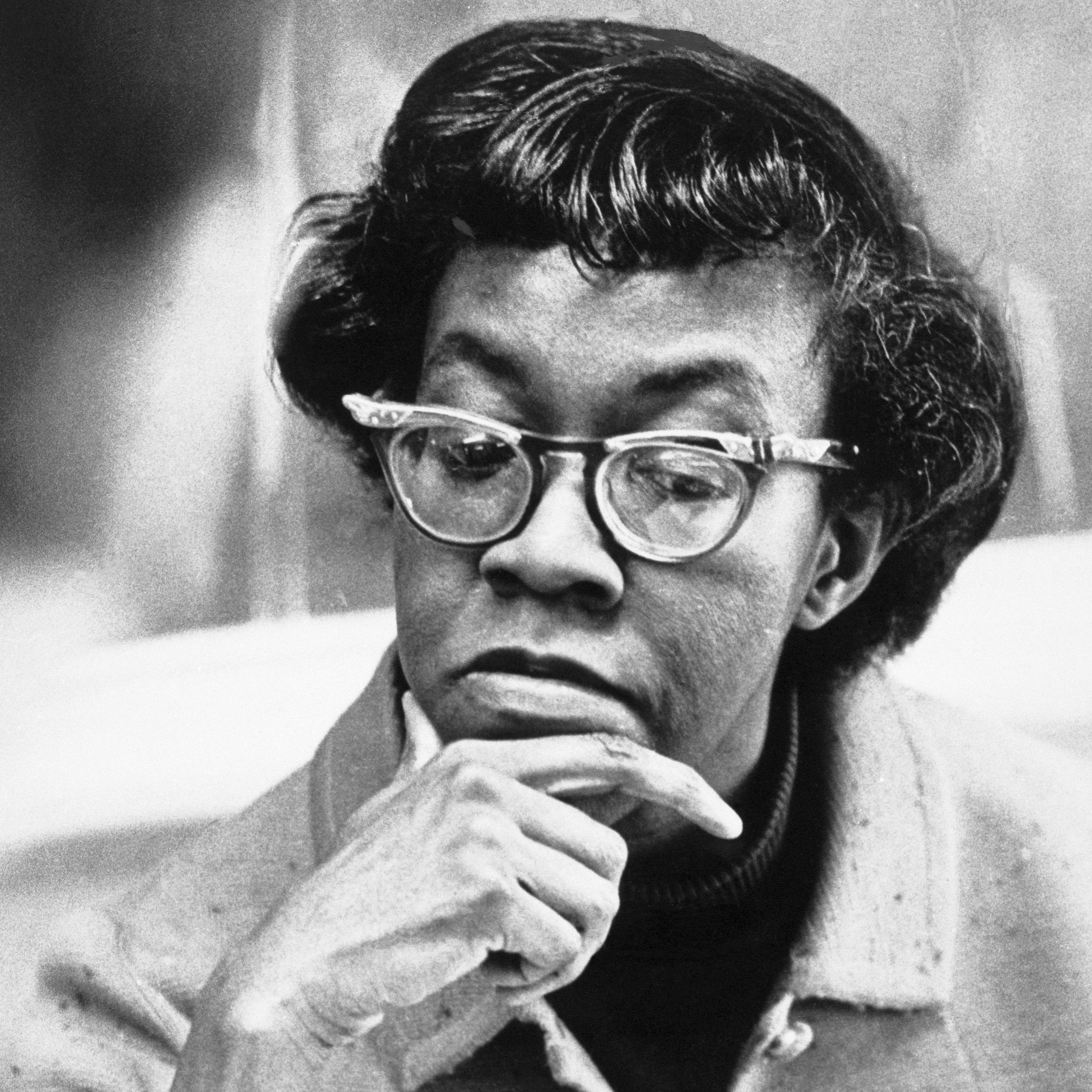And if sun comes
How shall we greet him?
Shall we not dread him,
Shall we not fear him
After so lengthy a
Session with shade?
Though we have wept for him,
Though we have prayed
All through the night-years—
What if we wake one shimmering morning to
Hear the fierce hammering
Of his firm knuckles
Hard on the door?
Shall we not shudder?—
Shall we not flee
Into the shelter, the dear thick shelter
Of the familiar
Propitious haze?
Sweet is it, sweet is it
To sleep in the coolness
Of snug unawareness.
The dark hangs heavily
Over the eyes.
Published:
1987
Length:
Shorty
Literary Movements:
Black Arts Movement
Anthology Years:
2021
2023
Themes:
Doubt & Fear
Education & Learning
Nature
Literary Devices:
Extended Metaphor
a metaphor that extends through several lines or even an entire poem
Irony
the expression of one's meaning by using language that normally signifies the opposite, typically for humorous or emphatic effect
Rhetorical Question
a question asked for effect, not necessarily to be answered

